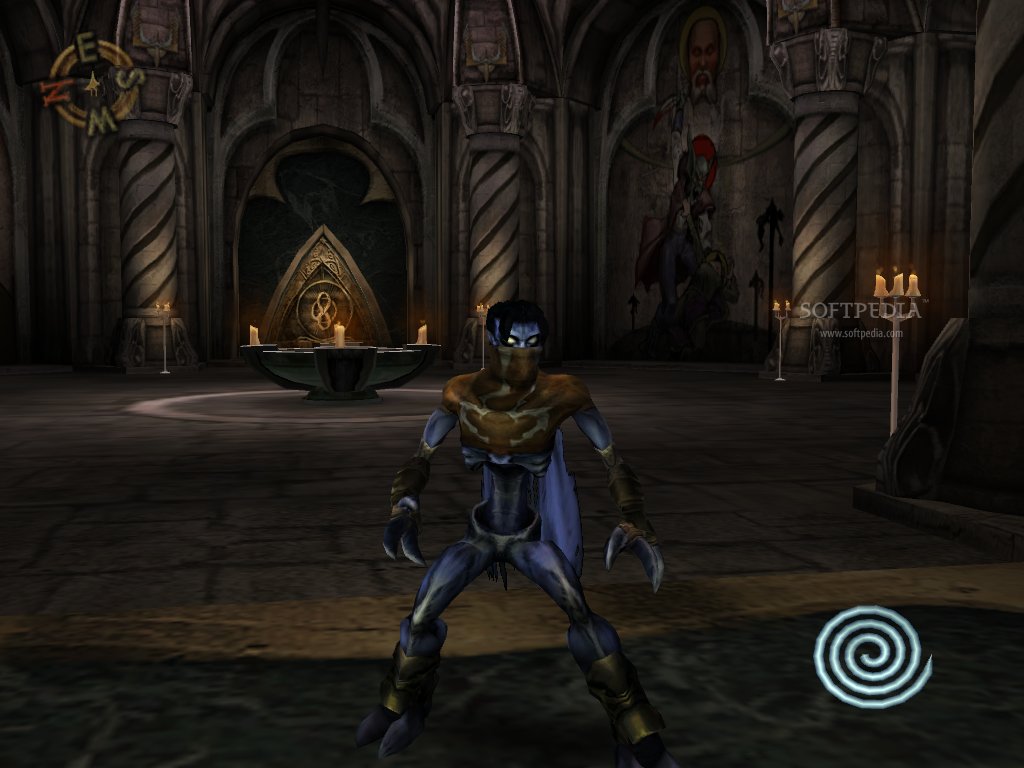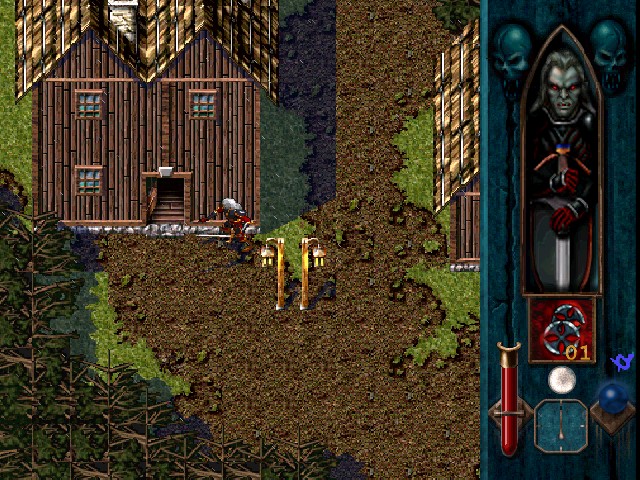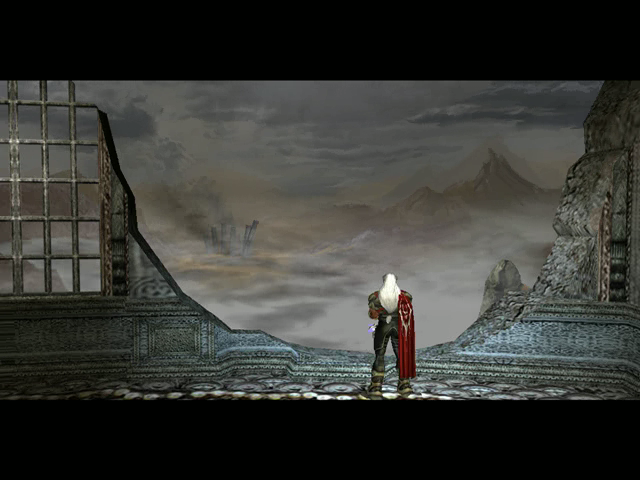A common sentiment read this week: Videogames are at a position that comics were in the 90's. That position is one of pandering. A market unsure of where to expand next, just as well bolstered by marketing to the kinds of people that devour tales of male chauvinism as it is by those of creators who value equality and better representation.
Videogames are such a massive industry now that if not for the massive amounts of money companies make off of things like movies and cartoons, it'd be easy to say that videogames by themselves surpass the size and scope of the comics market. Yet even though massive in size, they have yet to supplant comic books in terms of storytelling and representation.
 |
| A woman in a videogame (Resident Evil) |
People who buy videogames though couldn't apparently more different. What I mean by 'people who buy videogames' is not the same thing as people who necessarily enjoy them or want the medium to develop or grow at all. I mean a particular set of people that have a stack of posters ripped out of old copies of Electronic Gaming Monthly who, when prompted about what game could offer a truly cinematic experience to rival that of film will tell you God of War.
Not to say that people who read comics are inherently better. For every person that buys a comic like Saga there's probably two or three people who don't see why anyone would want to read anything that doesn't involve a man in a cape. Comics march on without those people though - they are starting to become a minority rapidly losing its voice.
What we're seeing this week with what's been going in the realm of games journalism is like taking a time machine to the end of the era of 90's comics. I don't doubt for a second that when more 'indie' comics started getting higher marks at reviews and more creators concerned about using comics to give more credence to stories that weren't specifically about straight white protagonists showed up that if comic fans in the early 2000's had the benefit of websites like Tumblr and Facebook that we would have seen a reaction that was just as violent from comic fans.
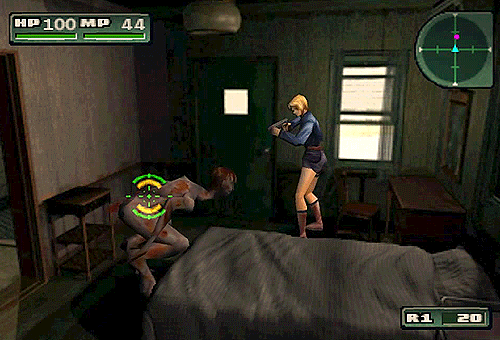 |
| A woman in a videogame (Parasite Eve) |
I'm not going to call gamers "The gaming public" because they certainly don't represent me even if I used to be someone who would have seemed terrifyingly similar to the lot of them. What they are instead is a group of people who likely feel marginalized by culture at large because they tend to lack any amount of it. In any case, these people quickly stuck to that particular writers claims and were only fueled by the latest Feminist Frequency video releasing around the same span of time.
The purported scandal along with Sarkeesian's timing was the one-two punch that rustled the jimmies of grognards everywhere. Not only did Sarkeesian's harassers come out full force, but a small community grew around the initial blogger in the claim that somehow game journalism was corrupted or invalidated.
Ella Guro writes a spectacularly apt take on the whole ordeal as it occurred over the last week and a half or so. That might be a more level headed place to get caught up on the rest of the details of what happened and who exactly was involved.
Violence, particularly the kind of violence people have to constantly be surrounded with if they want to interface with being a part of videogames at all has started to permeate almost every interaction between content creators and their audience.
Abuse seems ingrained in the monster collectively referred to as "gamer culture" as if there were anything we could pin down outside of some vague association with green soda and Call of Duty. Gamer culture, like comic culture, is impossibly large compared to what any of the things it's defined as would have you think.
In a slightly heavy handed and hyperbole filled article, Andrew Todd of Badassdigest pretty accurately surmises that for one reason or the next, abuse is thoroughly ingrained in gamer culture because of how the descriptive "gamer" actually came about.
While I want to say it was a long long time ago, it really wasn't more than a few years ago that I was locked into the marketing machine's clutches. I ate it up. I say Andrew Todd's observation that gamers see themselves as the victims is pretty correct because I used to embody that line of thinking.
To put it all on the table as ugly as we possibly can: gamers are the opposite of fucking self aware.
Gamers are, to be blunt, generally miserable people that victimize themselves as outcasts of society because they generally lack any sense of empathy or good graces required to actually take part in it. Gamers favorite characters are fucking Kratos and probably Travis Touchdown. Two characters that are completely morally reprehensible.
For Travis Touchdown though, that's the joke. Hardly anyone who is a fan of No More Heroes is proficient enough in understanding parody or literary devices to even know that the character isn't supposed to be liked for any of the traits he exhibits in the games.
The thing about this, the biggest thing and I can tell it's affecting other people covering the story is that there are just so many victims, so many martyrs now. We're reaching a point where as much as it's nice to consider the idea of "gamer culture" being in it's death throes that we can't even keep track of who to stay mad about anymore.
The conversation about what happened has gone on for little over a week and a half now, with all sorts of people beyond the world of videogames starting to chime in. Yet very few people are bothering to raise concern about what the next step is other than continuing to speak up and hoping these people drown themselves out (when evidence points to reasoning that they never will.)
We talk so much about the symptoms lately that the idea of a cure is never presented other than waiting things out and hoping for the best. As much as it's nice to tell ourselves that these are indeed the death throes of a giant and terrifying beast at the same time it sounds an awful lot like we're still trying to convince ourselves that's the truth.
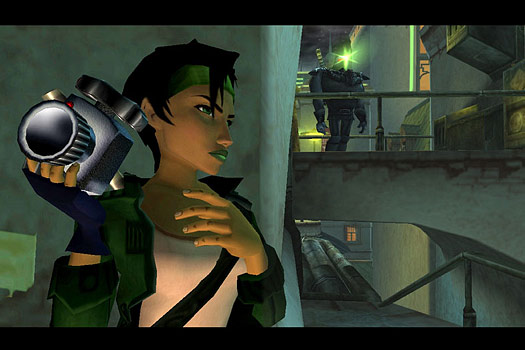 |
| A woman in a videogame (Beyond Good and Evil) |
Over at The New Statesman Ian Steadman gives us a harrowing recap of the many ways so called gamers have tried to discredit Anita Sarkesian and it's much the same as the jilted ex-boyfriend who made a campaign of harassment against a noted game developer. Steadman pretty thoroughly examines the criticism levvied at her and how it's anything but sound - and how referring to straw man arguments as "criticism" undermines any actual criticism that could be levied against the videos (of which I don't think there's much at all)
I don't think the core group of gamers that repeatedly become harassers in the face of having their beliefs challenged are well connected enough or intelligent enough (in a way beyond armchair philosophy) to construct an argument that seems baseless but would have the larger effect of invalidating further works. It's a nasty side-effect of having so many voices cry out together.
 |
| A woman in a videogame (Mirror's Edge) |
Finally, at Gamasutra one of my favorite writers, Leigh Alexander, offers her own insight into the situation.
In her article she laments that nobody needs to make games for "gamers" anymore because they're a group that to be blunt, is being erased. Leigh wastes no amount of words saying how much this isn't a problem for videogames but possibly part of the solution.
I've seen a criticism of this specific article that in writing about gamer culture that the article has become a piece that's self evident and is fully apart of gamer culture. This is laughable in a new kind of way. It makes me imagine a horde of grognards chasing a writer down to the chant of "one of us! one of us!' desperate for any lasting amount of validity that the most basic criticism they can leverage at something is it exists in the same space.
As players, it's our space now.
-SKELETONS


